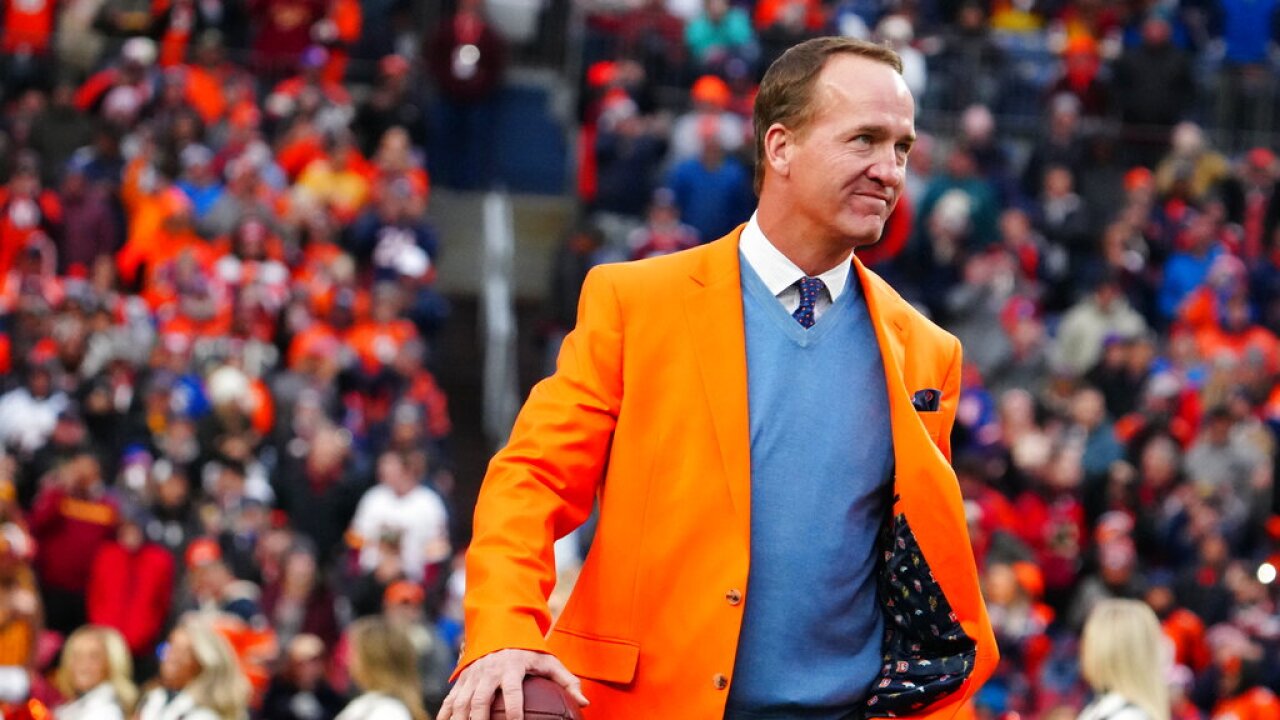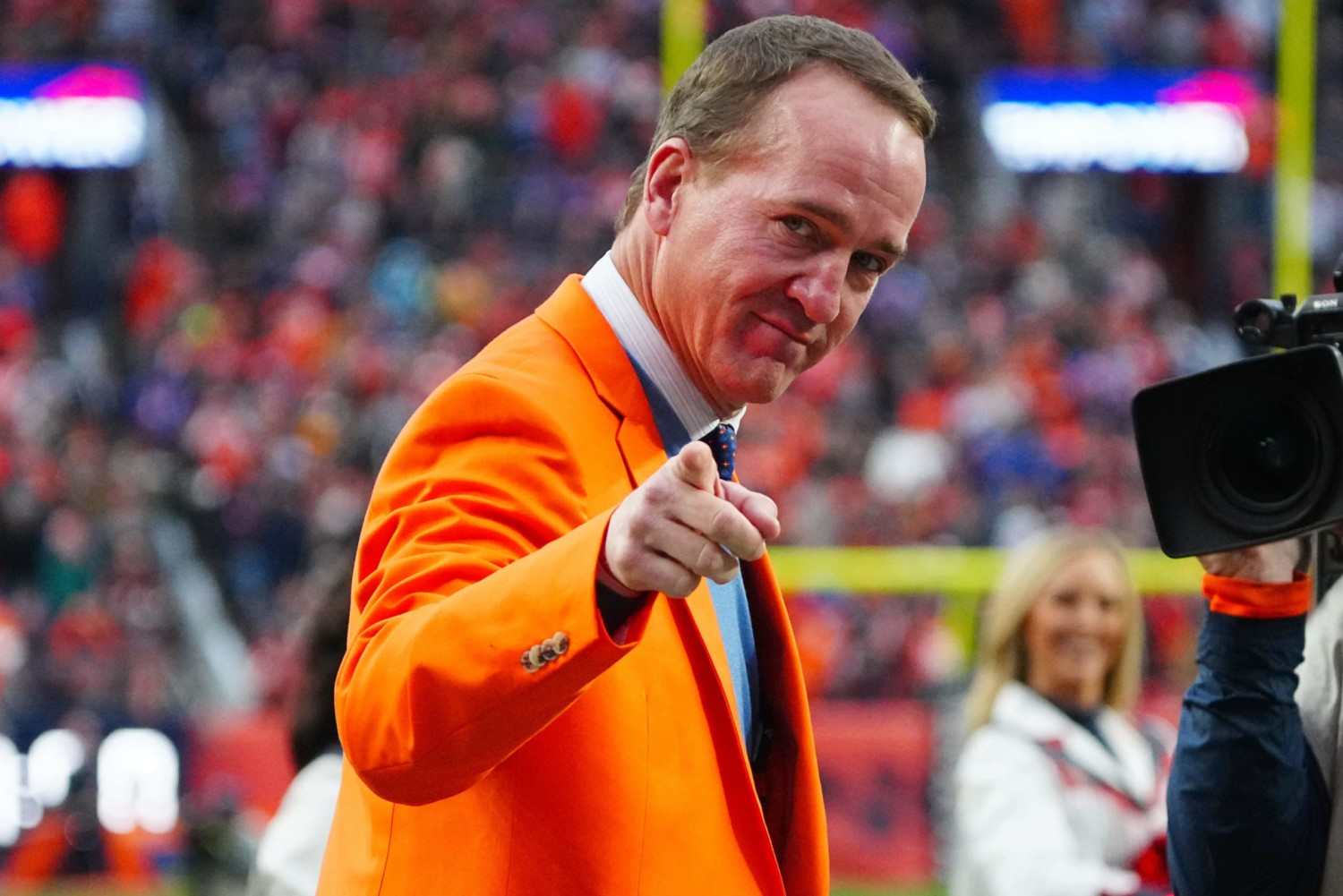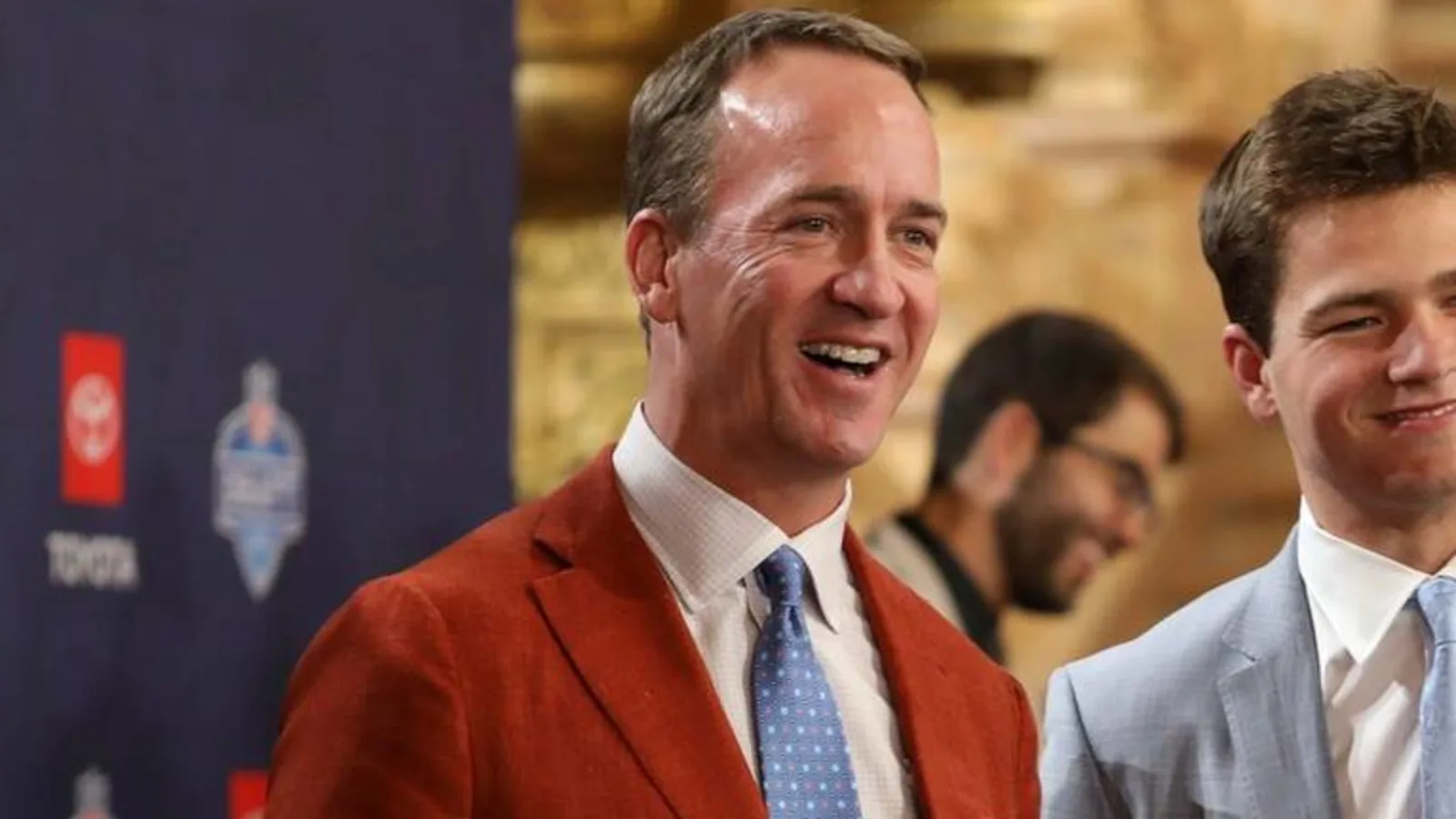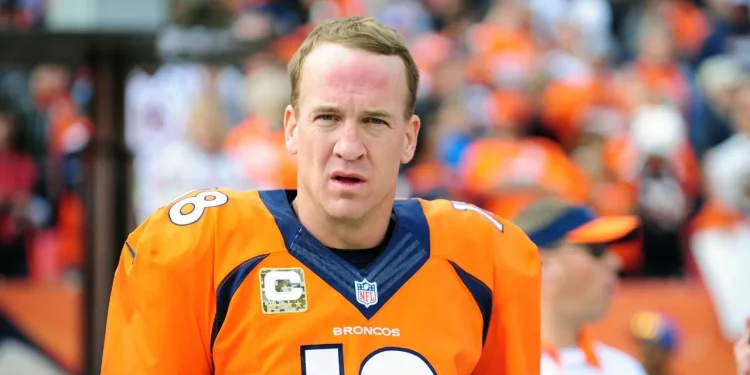Peyton Manning, a name synonymous with NFL excellence, has often made headlines for his on-field strategies and off-field charisma. However, unlike many of his peers who transition into roles of ownership post-retirement, Manning has taken a different route.

The Quarterback’s Perspective on Ownership
During a recent interview with the Denver Post, Peyton Manning addressed the topic of owning an NFL franchise, a path that several retired athletes have chosen to tread.
“I don’t think that’s anywhere on my radar by any means,” Manning stated firmly. This sentiment places him in stark contrast to players like Michael Jordan, who not only owns the Charlotte Hornets but has become as much a symbol of ownership success as he was a basketball icon.
Manning expressed a deep-seated affinity for his roles outside the direct financial stakes in NFL teams. “I love being an ambassador for the Broncos and for the Colts, for the University of Tennessee,” he shared.
His involvement isn’t limited to ambassadorial duties; Manning is often seen at Broncos games and maintains a strong relationship with the team’s new owners. He’s also a frequent visitor at the Broncos’ facilities, engaging with the team beyond mere formalities.
Peyton Manning vs. Tom Brady
The narrative often draws a parallel between Peyton Manning and Tom Brady, another titan of the sport, noting their post-retirement choices. While Brady has shown interest in expanding his business ventures, including potential NFL team ownership, Manning prefers to keep his business activities confined to his Omaha Productions.

This divergence might seem surprising given that attaching Manning’s name to any franchise would likely boost its profit and notability significantly. However, Manning seems content to postpone such ventures, if not dismiss them entirely.
Understanding the Risks Involved
One cannot overlook the potential risks associated with owning a sports franchise. The case of Michael Jordan’s Charlotte Hornets is illustrative; despite Jordan’s success, the team has struggled significantly under his ownership. This aspect of Jordan’s post-basketball career could be seen as a blemish on his otherwise stellar legacy.
Perhaps it is this risk of legacy tarnishing that Manning wishes to avoid. The idea of owning a team is glamorous, but the reality involves substantial financial and reputational stakes that can deter even the most seasoned athletes.

Speculations and Possibilities
Still, the question lingers: if Peyton Manning were to purchase an NFL team, which would it be? Given his strong connections with the Indianapolis Colts and the Denver Broncos, it seems likely that his investment—if it ever happens—would be with one of these teams. Yet, knowing Manning’s penchant for embracing challenges, one shouldn’t discount the possibility of him taking an entirely new path elsewhere in the league.
For now, Peyton Manning remains a significant figure in NFL history, not just for his passes and plays, but for his thoughtful approach to life after football. As fans and analysts, we can only speculate and watch as Manning continues to shape his legacy, with or without team ownership.
Source: NFL Analysis









